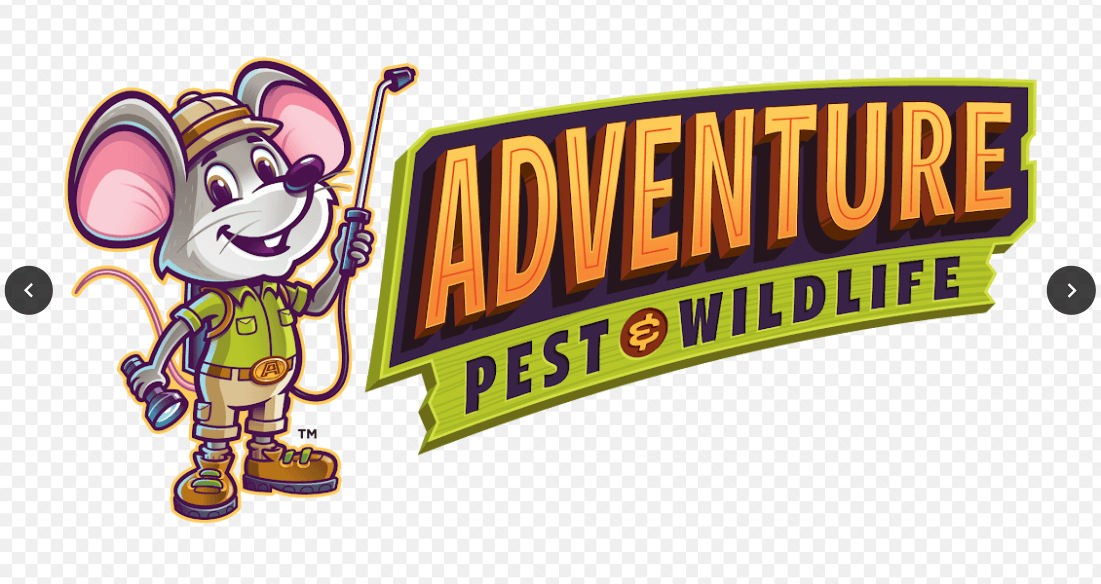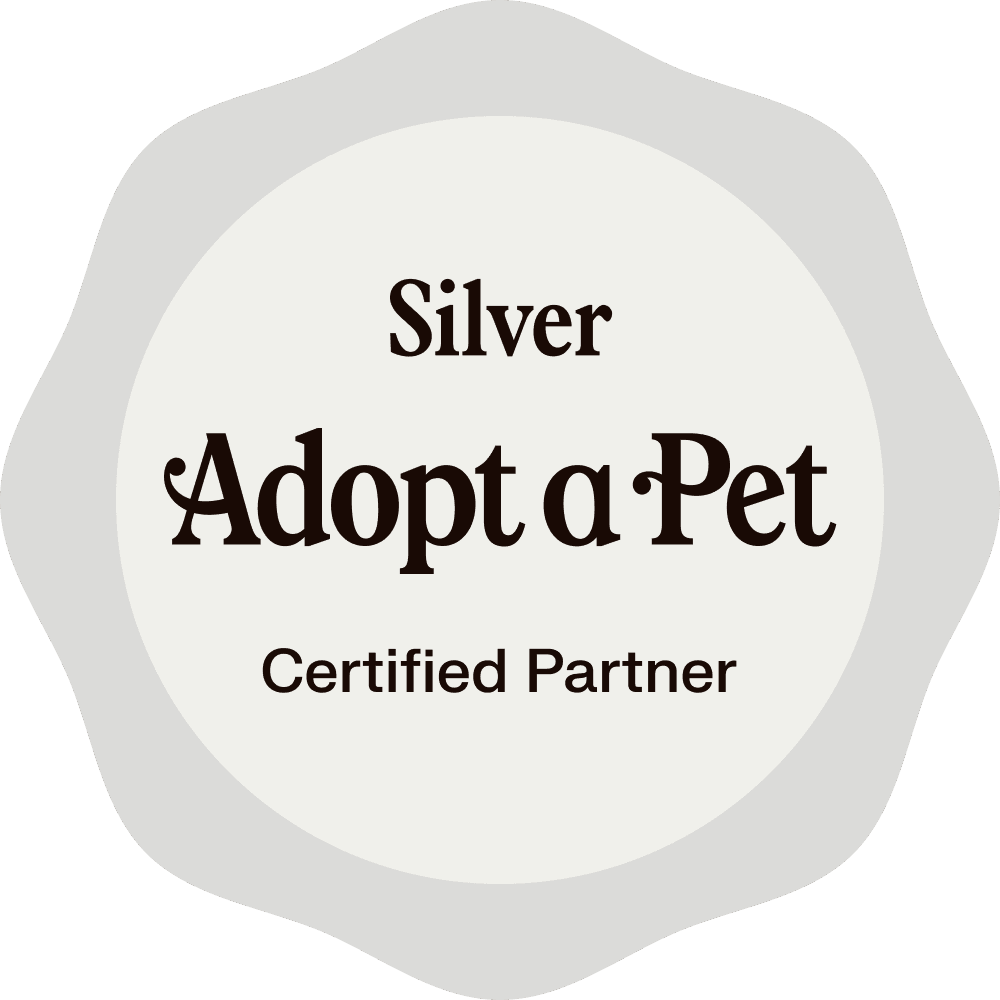Foster Homes
The Highs and Lows of Fostering
Fostering is one of the most rewarding experiences you can have. We couldn’t save as many lives as we do without the dedication of our foster parents. When you think of fostering, what are you interested in taking home? Will you want a mom with her kittens, or older kittens that are not at weight yet?
Is fostering right for you and your family? Please go over this with your whole family.
• Do you live in the Show Low area? We accept foster homes that are roughly 30 minutes from our shelter. If you have questions about your distance from our shelter, please contact the volunteer program and we can help.
• Be aware that there is a great deal of clean-up time & there is always a possibility of damage to your home. Mother cats & kittens can be very messy with the litter box, their food bowls, water dishes, etc. Because they can be messy, we recommend foster parents use old supplies, not best linens.
• Are you able to separate the foster animals from your own animals? Foster kittens must have their own room – even if you do not have other pets. Our cats/kittens come to you as healthy as we know about but can harbor illness for up to 2 weeks, so it is very important for you to keep your pets separated from foster kittens for at least two weeks. After a two-week period, your pets can meet your foster kittens if your pets are indoor-only and current on vaccines. The foster kittens must be vaccinated with an FVRCP for at least 5 days before they meet. You must pick up litter boxes, food bowls, and water bowls before they meet. *Please do introductions slowly.*
Introducing your foster cats or kittens can be a risk to your own pets. If your own pets get sick from your foster kittens Pet Allies will not cover their medication or vet visits. Please keep this in mind before introducing the two together.
• It is important to keep your foster room clutter free – no special knickknacks. We recommend using a bathroom for the first couple of days to observe bathroom habits, then move to another room that allows more space if you have it available. Mother cats can scratch at doors or carpet to get out of a room & may jump on top of anything they can.
• Are you and your family emotionally prepared for the death of an animal? As badly as we would wish otherwise, death can occur. Not all animals are born to live. In the feral colonies, moms will have large litters hoping to keep at least 2 kittens alive. Not all kittens are formed right when they are born. There are congenital birth defects that we cannot see. Sometimes cats and kittens get sick, & we treat them with everything we have but at times they are too weak to survive. Our death rate is only 3% in foster care and this also includes animals that don’t survive hours after they are born. Because you will feed them high-quality food, have them in a warm safe place, ensure they are vaccinated, de-wormed, etc. by Pet Allies, their chances of survival are much greater. If a death occurs, it will be emotionally hard and most of the time it will not have a direct reflection on your fostering skills or abilities.
• Will you and your family be able to give up your foster kitty at the end of the foster period? Foster families become very attached to their foster kitties, and sometimes find it difficult to give them to their permanent families, or to the shelter.
You can adopt one of your foster kittens, but you will need to go through the same process as anyone else. You will need to pay the adoption fee and go through the adoption counseling process. Please do not adopt your whole litter. This has happened before, and we want to reassure foster parents that we will find them good, loving homes. Our adoption counselors are very thorough in their screening process. You can always pick up another litter - sometimes even the same day to help you get through the "empty nest" syndrome.
• Will you and your family be able to spend quality time with your foster cats/kittens? Socialization is as important as feeding and keeping them clean. We ask that you spend quality time with your foster kittens. We want you to play with them so they know that hands are not toys. We want you to snuggle them. Socialization is a big part of fostering. You are training these kittens to be super cats when they grow up. We are hoping that your kittens will not be fearful of humans. Sometimes this does not always work out, but kittens that run to the front of the cage will get adopted first.
• Are you prepared to work with our veterinarian system? Will you be able to bring your kittens to the shelter when they need to be seen? We specialize in shelter medicine and know what antibiotics are working on what illnesses we are seeing at the shelter. Our vets are free. You do not own these cats and legally cannot seek treatment for them. You will need to be able to bring them to the shelter for care.
• Do you feel comfortable telling people that these are not your animals and can only be adopted through Pet Allies adoption procedures? Please feel comfortable telling people that you are a volunteer for Pet Allies and cannot take these kittens out of your home. Your foster kittens cannot go on play dates to neighbors or friends.
• Are you aware that there may be some financial obligations? Will you be able to pay for food, litter, toys, etc.? We ask for you to buy high-quality food, litter, and anything else needed. We have a food and litter bank too to help supplement. We will not turn a good foster home down because they cannot afford food or litter. We will work with you.
• Foster animals are your responsibility. We ask that you go in 3 times a day at a minimum to check on them - once in the morning, again after work, and then before bed. All animals should be closely monitored regarding temperament and health. Close observation helps in appropriate placement in their permanent homes as well as avoidance of more serious health issues later on. Are they all playing? Is one sitting in the corner? Are they all feeling well? Is everyone pooping, peeing, eating, etc?
• All cats and kittens must be kept strictly indoors. If your own cats go outdoors, the foster cats must be strictly isolated from your cats to avoid the transmission of disease. Your foster kittens cannot go outdoors unless they are in a crate and going to the shelter or an outreach location. They cannot go outside even for Petfinder photos.
• All foster cats are to be strictly supervised by an adult when around children under 10 years of age or household pets. This is dependent on how you think your 10-year-old will be able to safely handle a kitten. This is not an exact age requirement so use your best judgment.
• Your own animals must be current on vaccinations and veterinary care including spay/neuter. No exceptions. If you cannot meet these requirements let us know and we can give you resources to get it taken care of before you take home a group. We do this to help stop the pet-overpopulation problems in our area.
• Are you able to take your foster kittens that are 6 weeks or older to one of Pet Allies offsite adoption centers at least once a month to be available for adoption? As part of your volunteer commitment as an active foster parent, we ask that you bring your kittens to one of our offsite adoption centers during their regular adoption hours. Kittens can be brought to one of these locations on a Saturday and/or Sunday from 12pm-4pm to be available for adoption.
When foster parents bring their kittens to an offsite location to be available for adoption, we are able to adopt more kittens which allows us to save more lives.
Rewards of foster care – Saving lives!
• You are saving animals.
• Children learn about the responsibility of caring for animals. It is a great way to help children understand what it takes to have a pet. How else can children learn about the wonder of birth, and the same time, be responsible animal guardians?
• There is no greater joy than watching kittens at play, or nursing a sick kitty back to health! We bet your family will even give up TV!
• Knowing that you are making a difference is a nice feeling inside.
At this time if you do not feel comfortable with our procedures and guidelines, we want you to know that we understand that this is not for everyone. If at any time your situation changes, please feel free to contact us again in the future.
















